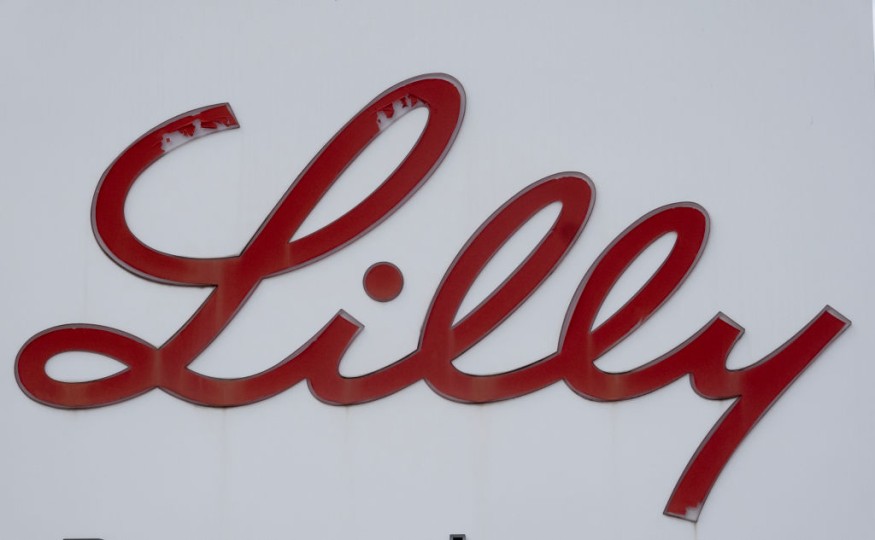
Eli Lilly's breakthrough drug Zepbound, initially developed as an obesity treatment, has gained Medicare approval for use in treating obstructive sleep apnea.
This landmark decision, announced by the Centers for Medicare & Medicaid Services (CMS), is expected to significantly broaden access to the injectable treatment, providing a lifeline for millions of Americans suffering from this chronic condition.
Zepbound Becomes First FDA-Approved Drug for Obesity-Related Sleep Apnea
Zepbound made history in December as the first drug approved by the US Food and Drug Administration (FDA) specifically for sleep apnea in obese individuals.
This approval enabled Medicare to cover the drug under its guidelines, which limit coverage of obesity treatments to those with an additional medical purpose.
The drug, which costs over $1,000 a month without insurance, had previously faced coverage hurdles from private insurers and employers, often leaving patients to shoulder the hefty price tag.
Obstructive sleep apnea, a disorder that affects an estimated 20 million Americans and nearly one billion people worldwide, disrupts sleep by causing intermittent pauses in breathing. This condition can lead to severe complications, including heart disease, if left untreated.
According to Reuters, common therapies include CPAP (continuous positive airway pressure) machines, surgery, and lifestyle changes like weight loss.
However, Zepbound offers a novel alternative by addressing weight-related factors through its mechanism as a GLP-1 agonist, which mimics a natural hormone that regulates appetite and digestion.
Zepbound and GLP-1 Drugs Set to Dominate a $150 Billion Market by 2030
Medicare's endorsement is anticipated to pave the way for wider acceptance of Zepbound. Analysts predict this could result in millions of new prescriptions, adding momentum to the booming market for GLP-1 drugs.
These medications, including Eli Lilly's diabetes treatment Mounjaro and Novo Nordisk's Wegovy, are expected to generate a combined market value of at least $150 billion annually by the early 2030s. Zepbound alone had about 700,000 US users in the third quarter of 2024, MarketWatch said.
Eli Lilly and its Danish competitor Novo Nordisk are racing to establish the broader health benefits of their drugs beyond weight loss. Both companies are exploring applications for conditions like chronic kidney disease and fatty liver disease.
Novo Nordisk's Wegovy has already secured approval for reducing cardiovascular risks, signaling the expanding role of GLP-1 drugs in addressing various health challenges.
While Medicare's coverage of Zepbound is a significant milestone, private insurers remain cautious.
CMS guidance does not mandate coverage, leaving individual plans the discretion to exclude the drug. Nonetheless, the federal approval marks a turning point in recognizing the medical importance of obesity treatments linked to secondary health conditions.















